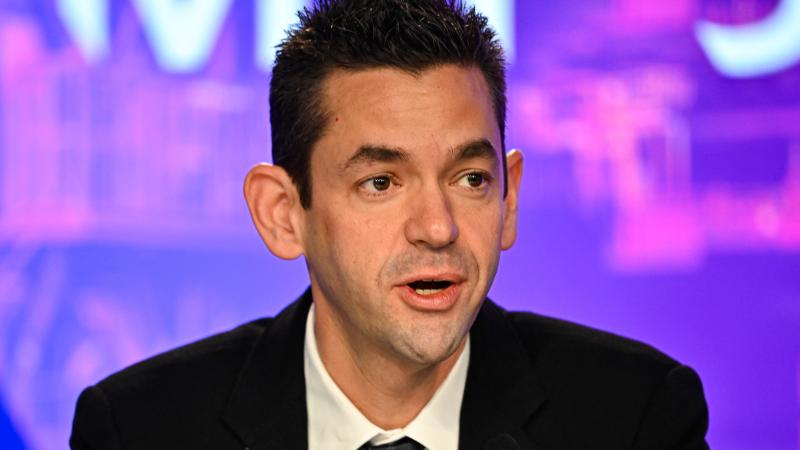SBA not taking direct action against partner lenders that issued billions in fraudulent PPP loans
Congress appropriated almost $1 trillion in forgivable Paycheck Protection Program loans and approximately 15% of the loans could have been obtained fraudulently
The Small Business Administration is not taking action against its partner lenders that issued billions of dollars in fraudulent Paycheck Protection Program forgivable loans, Just the News has learned.
Congress appropriated almost $1 trillion in forgivable PPP loans to assist businesses during the COVID-19 pandemic. Approximately 15% of the $961 billion is projected to have been obtained fraudulently, according to a study.
A House of Representatives panel estimated that $84 billion in PPP funds was issued fraudulently.
Four individuals in Fort Bend County, Texas, for example, were charged recently in a scheme that resulted in fraudulently obtaining $35 million in PPP loans.
An Atlanta woman was sentenced this week for fraud related to PPP loans worth $6 million. The financial institution that issued at least one of the fraudulent loans to the individual was Celtic Bank Corporation, which is one of the largest SBA lenders in the nation. According to the Department of Justice, the offender "submitted six false and fraudulent PPP loan applications between April 27, 2020 and June 17, 2020. The amounts requested in the six PPP loans totaled $7,943,591.50, of which $6,017,066.50 was disbursed."
The SBA's local partner lenders were tasked with vetting the loan applicants and verifying the information provided about their businesses to secure the loan. The SBA would then place final approval on the loan application before the funds were transferred to the individual. The funds had to be used for eligible expenses such as salaries and benefits in order to be forgiven.
According to the SBA, lenders were paid 5% for originating loans under $350,000, 3% for loans above $350,000 and 1% for loans above $2 million.
Just the News asked the SBA if the agency is taking direct action against partner lenders for approving fraudulent loans, such as not paying them processing fees or recouping fees that have already been disbursed.
"The SBA takes fraud seriously, and, as such, all applicants are required to provide certification of their eligibility upon application," a spokesperson said in response. "Misrepresentation of eligibility is unlawful, and, when appropriate, these cases are referred to the Office of the Inspector General. The Office of Inspector General and the agency's federal partners are working diligently to resolve fraud incidents. The SBA encourages anyone suspecting fraud or misuse of relief programs to visit: sba.gov/fraud."
According to the SBA, the agency has "conducted more than 65,000 manual loan reviews to identify potential noncompliance with eligibility requirements, fraud, or abuse. Approximately 5,000 of these manual loan reviews have been dispositioned as Requiring Further Analysis (RFA) due to potential fraud or ineligibility."
The SBA provided examples of RFA dispositions, such as "potential misappropriation of PPP funds, use of fictitious businesses, inflated payroll expenses, requests for duplicate loans, ineligible businesses types or sizes, exceeding the maximum loan size, failure to respond to Requests for Production (RFP), or otherwise false statements and misrepresentations (e.g. decedent application, non-disclosure of criminal or bankruptcy records, or non-disclosure of previously defaulted loans)."
In total, about 11.8 million PPP loans were issued to business owners, and 4.1 million have been forgiven so far. It is unclear how many total jobs were retained due to the creation of the PPP program.
Just the News reached out to DOJ to ask if federal law enforcement is taking any direct action against the financial institutions that green-lighted loans which turned out to be fraudulent.
"Decline to comment," a DOJ spokesperson responded.














